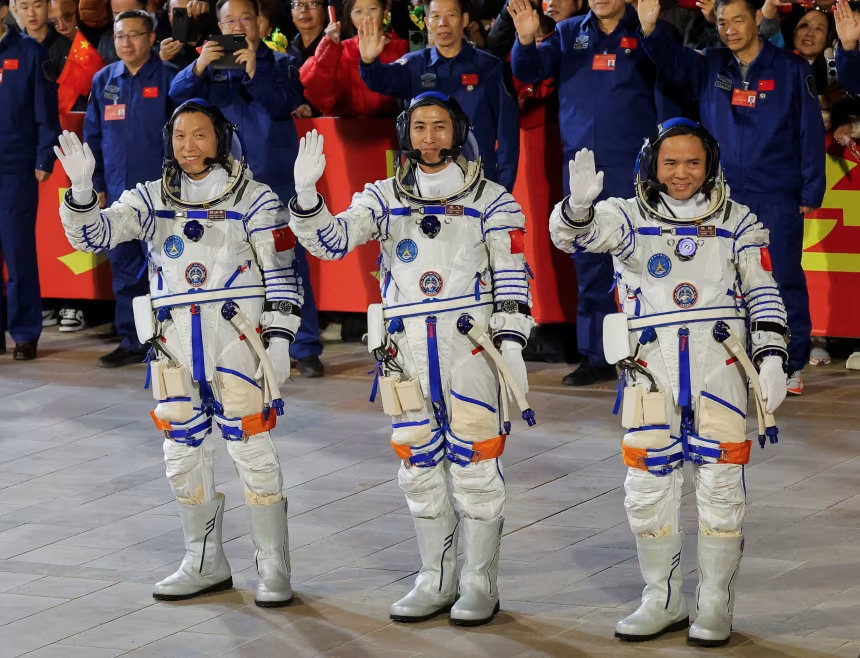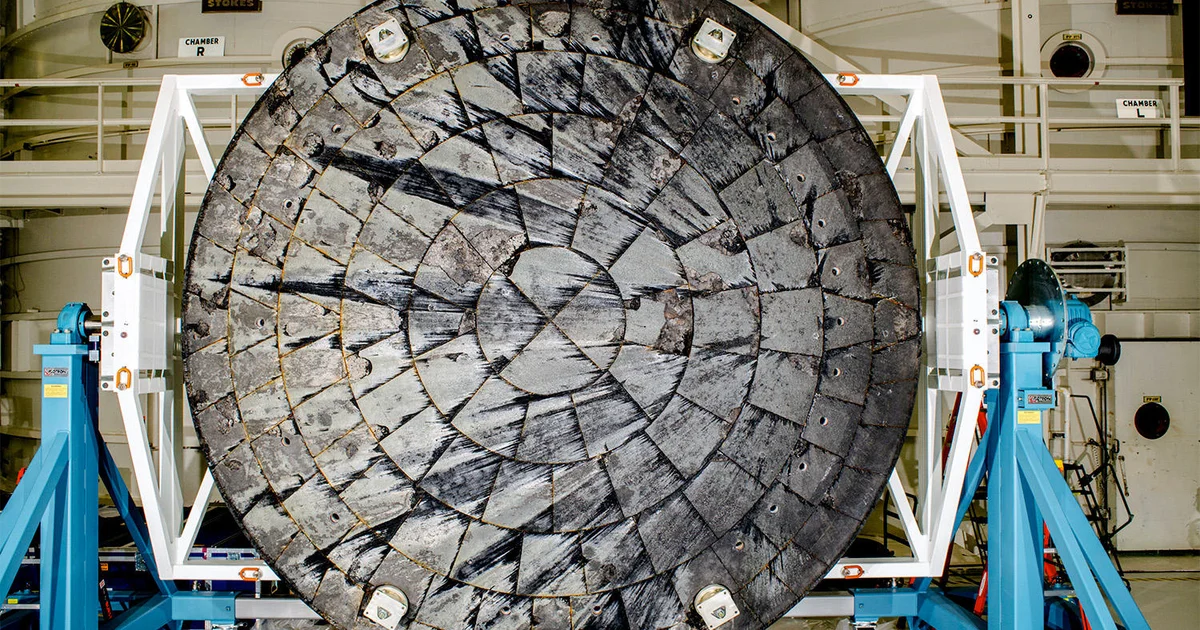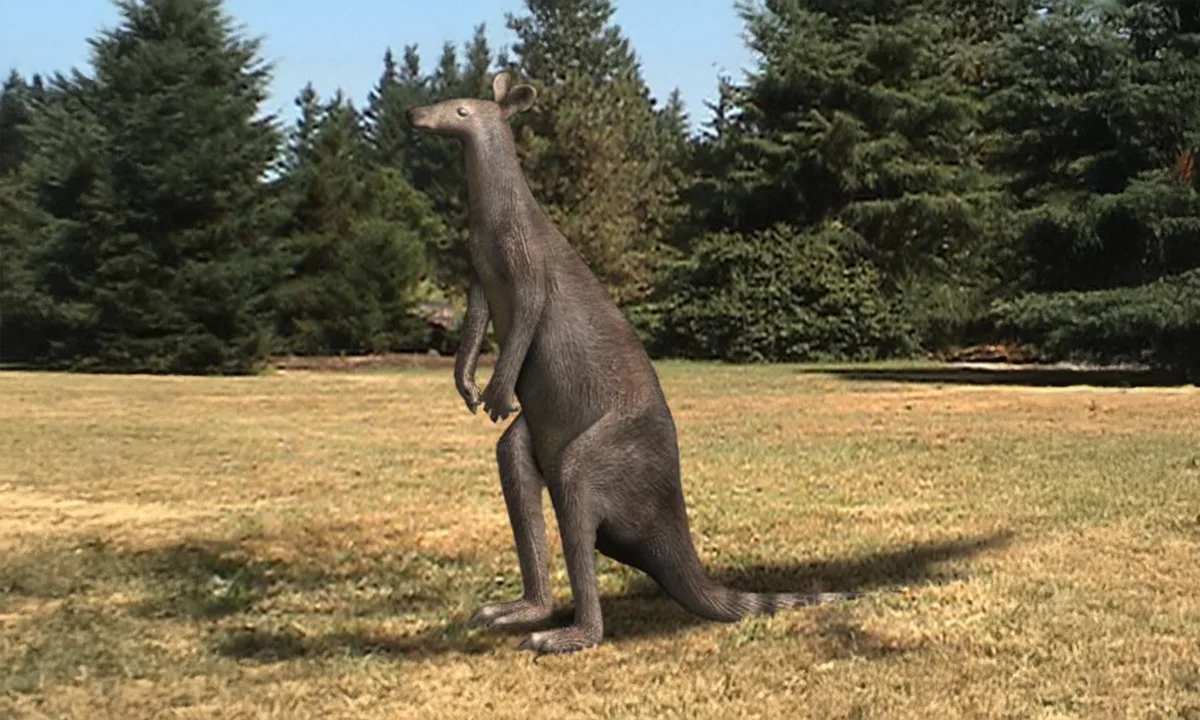Jiuquan, China — China has successfully launched its Shenzhou‑21 mission, sending the country’s youngest astronaut to its Tiangong space station. The spacecraft carried three crew members, including 32‑year‑old engineer Wu Fei, who has set a new record as the youngest person China has ever sent into orbit.
A New Generation of Astronauts
The mission’s crew also includes experienced astronauts Zhang Lu, 48, serving as mission commander, and Zhang Hongzhang, 39. This combination of seasoned and younger astronauts highlights China’s strategy to cultivate new talent while leveraging experience for complex space operations.
Mission Objectives
The spacecraft docked with Tiangong in just over three hours, setting a record for rapid docking in Chinese spaceflight. During the six‑month mission, the crew will conduct a variety of scientific experiments, including studies on human physiology in microgravity and mammal reproduction experiments — the first time small mammals are being used on the station.
Strategic Significance
- Continuous operation: Tiangong is now functioning as a fully operational orbital laboratory, positioning China as a leader in long-duration human spaceflight.
- Youth and experience: Integrating younger astronauts ensures sustainability of China’s space program and builds a pipeline of skilled personnel for future missions.
- Scientific exploration: Experiments aboard Tiangong will inform future lunar missions and potential deep-space exploration, reflecting China’s growing ambitions in space.
Looking Ahead
Observers will watch closely to see how Wu Fei and the rest of the crew perform over the extended mission period, as their work may influence China’s plans for future crew rotations, long-term habitation, and even lunar expeditions. This mission marks a milestone in China’s space ambitions, signaling both technological prowess and strategic intent in the global space arena.













Leave a Reply